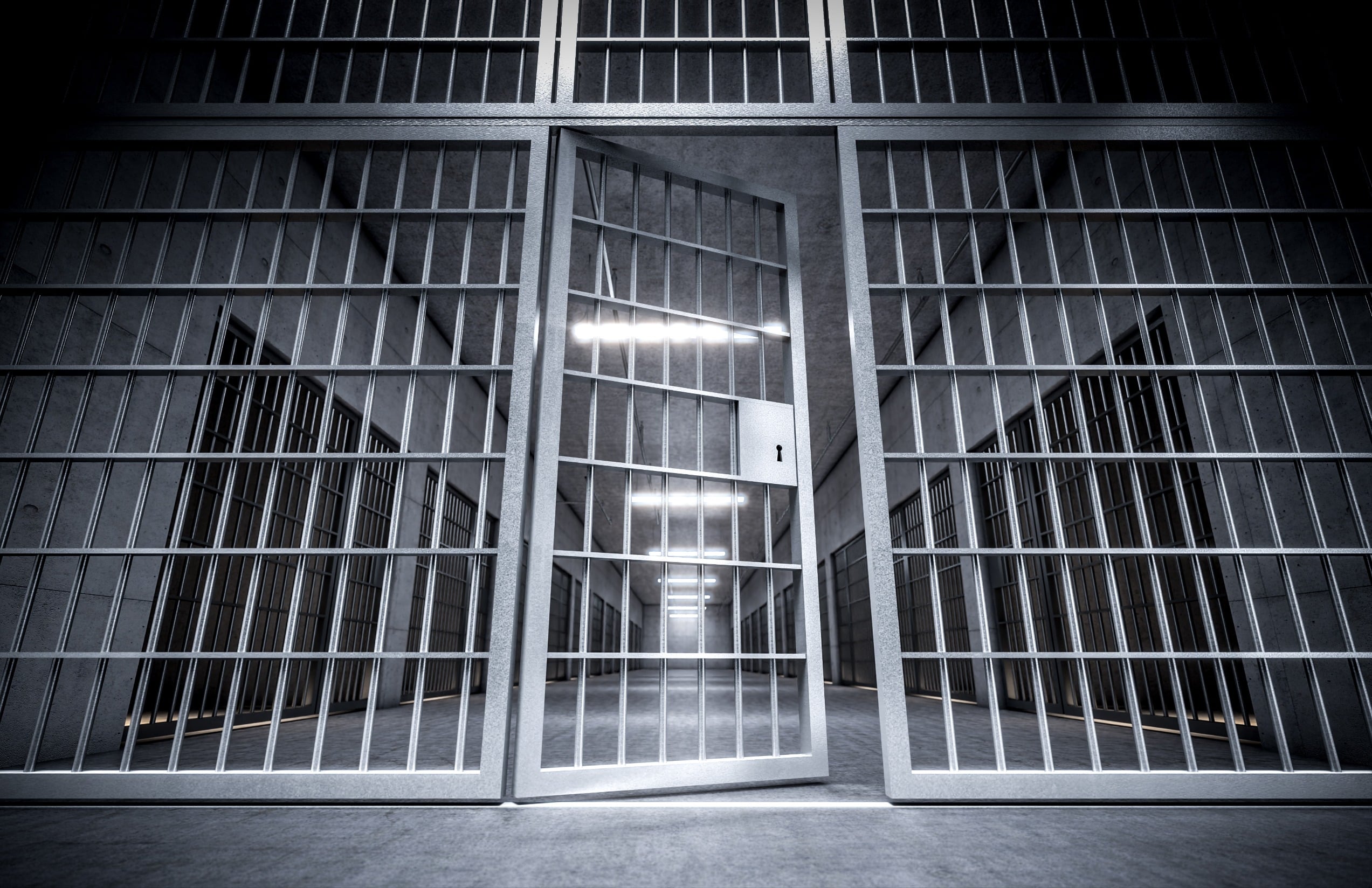Domestic violence is an issue that impacts may families in North Carolina. Due to this unfortunate fact, domestic violence in the state can be penalized very harshly – and charges can become quite complicated.
While domestic violence crimes can be charged as misdemeanors and felonies, the results of being charged with a crime of this magnitude can be surprising to some people. Therefore, it is important that every citizen understands what the state of North Carolina considers domestic violence and when the line crosses between a misdemeanor and a felony.
North Carolina Domestic Violence Laws
In the state of North Carolina, domestic violence is a violent act perpetrated against someone with whom the perpetrator has what is considered a personal relationship. The law goes on to define a personal relationship as:
- Romantic partners or spouses, both current and former
- Those who share children
- Family members, such as siblings or parents
- Those who share a dwelling, such as roommates
Domestic violence acts can be sexual, psychological, and physical. The common thread between these acts is that they are committed against a person with whom the accused has a personal connection or relationship. If that connection or relationship does not exist, it is not considered a crime of domestic violence in the state.
It’s also important to note that in North Carolina, domestic violence is not a standalone crime. The courts see it as a sentence enhancement. An underlying crime, such as assault, is prosecuted, and if you are found guilty and have a domestic violence qualifier, you can face much harsher penalties.
Felony Domestic Violence Acts
Several crimes can be charged as a felony with a domestic violence enhancement.
Assault and Battery
When a person makes a credible threat to harm another or commits an act of bodily harm against someone, it is considered assault. In most cases, assault gets charged as a misdemeanor. However, it can be elevated to a felony charge if there is serious bodily injury to the victim, the intent to kill the victim with a deadly weapon, or strangulation. In these cases, a person will be charged with a Class F or Class C felony in the state.
Sexual Assault
Perhaps one of the biggest fallacies people believe is that strangers commit sexual assault. The truth is that sexual assault occurs by someone that the victim knows – someone with whom they have a personal relationship in the eyes of the state.
Sexual violence can be considered a crime of domestic violence and is charged as a felony. The most common charges seen are first-degree forcible sexual offenses or rape, both Class B1 felonies, or second-degree sexual offenses or forcible rape, which is a Class C felony.
Harassment and Stalking
Harassment is a crime where someone scares, threatens, or torments another person through their communications or actions. Stalking occurs when actions place the victim in fear for their safety and those around them. It can be considered domestic violence when the perpetrator is someone with whom the victim has a personal relationship.
In many cases, charges for stalking and harassment are misdemeanors. However, when these crimes are perpetrated in violation of a protective order or with any other previous convictions for stalking on the accused’s criminal record, they may become elevated to a felony.
Elevated Penalties for Domestic Violence
In North Carolina, a person accused of crimes involving domestic violence doesn’t just face longer sentences; they also must abide by special terms and conditions as a part of their sentence in most cases. These conditions include psychiatric treatment, counseling, rehabilitation, drug and alcohol treatment, and continuous monitoring of drugs and alcohol.
If you find yourself accused of a crime that is considered an act of domestic violence, then you need an attorney on your side. It doesn’t matter if you’re facing misdemeanor or felony charges – domestic violence enhancements on your criminal record are severe and can significantly impact your life going forward.
The right criminal defense attorney can help you to fight against the charges and allow you to secure the best outcome for your case.










